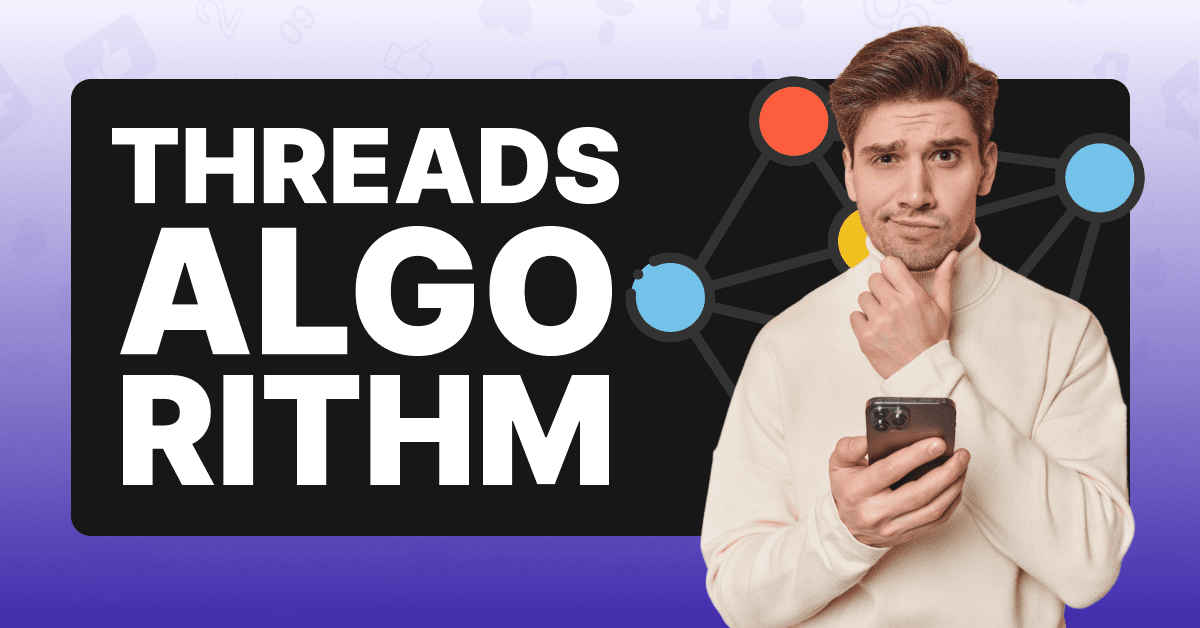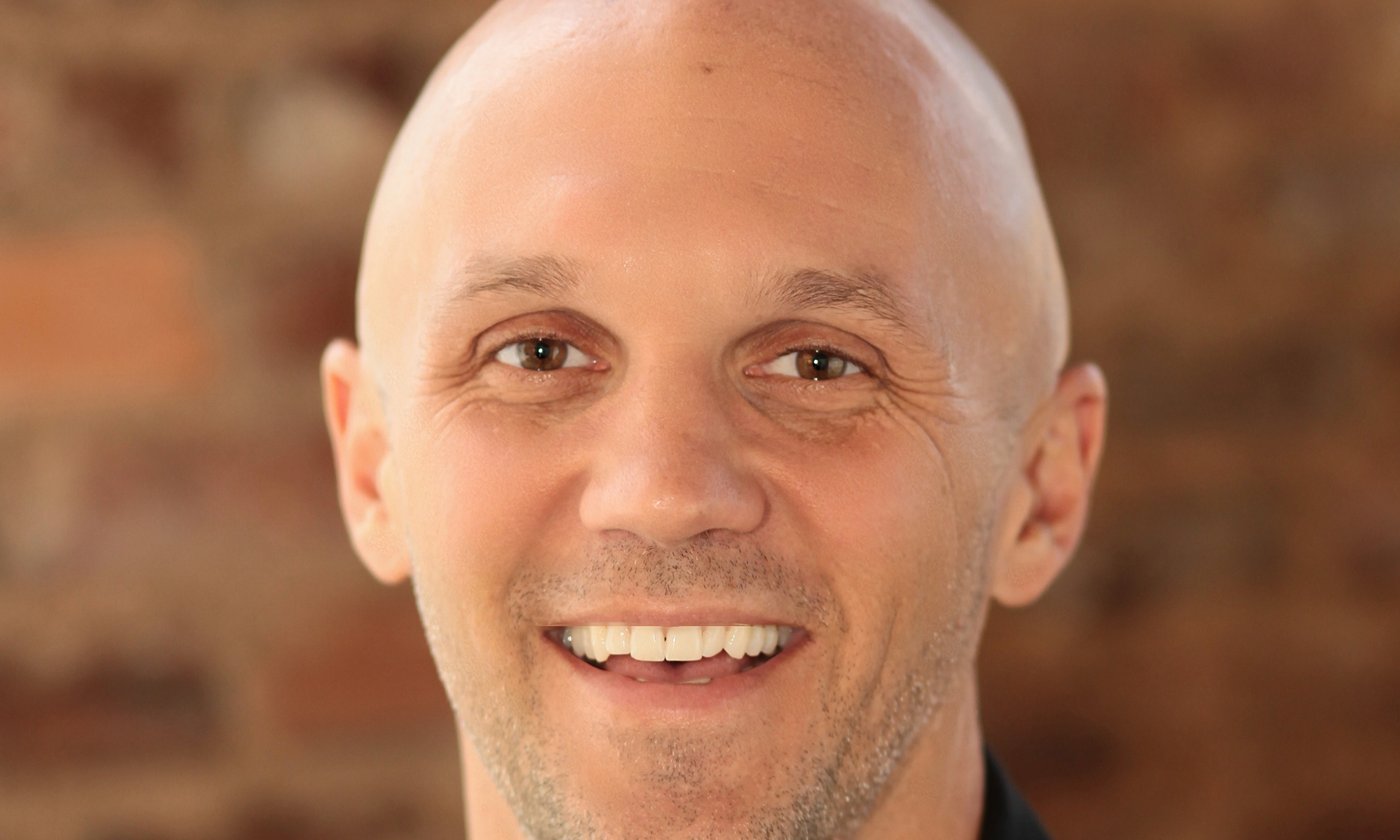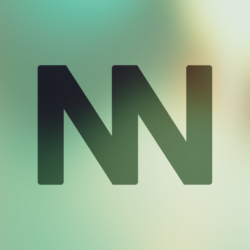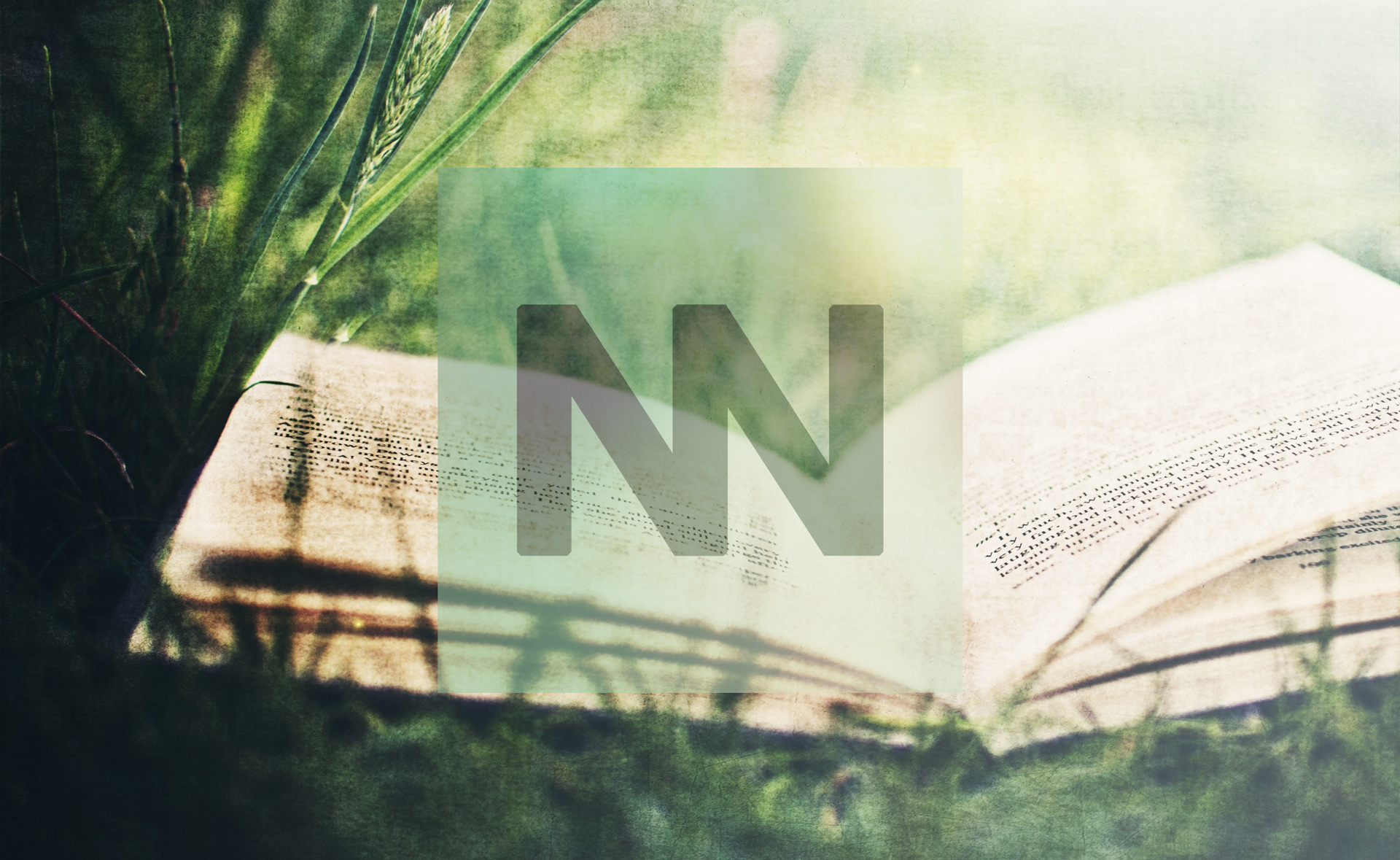Why is Threads Building a Positive New Community for Musicians & Creators? – Understanding the Threads Algorithm (2023)
- By Nelson Wells & Sebastian Jacob

- Remaining story written By: Sebastian Jacob

-
Dissecting the Algorithm Behind Threads
-
Threads Algorithm and User Control
-
Future Developments in Threads Algorithm
-
Final Thoughts on Threads Algorithm
Ever felt like you’re just watching reruns on your social media feed? Seeing the same old stuff, from the same people, on repeat?
We get it, it’s like you’re stuck in some time loop where fresh content is as rare as a two-dollar bill. Well, it’s time to shake things up.
Say hello to Threads, the newest player on the block, making waves with its unique approach to content curation and networking. Amassing over a million users within the first hour of its release, and more than 150 million people currently signed up, this media mega house is quickly outshining other platforms.
Because Threads isn’t just about connecting with people you know – it’s about exploring and discovering in a way you’ve never done before.
Their secret sauce? An algorithm designed to break free from the echo chamber and throw open the doors to a fresh, engaging social experience.
Dissecting the Algorithm Behind Threads
Alright, let’s cut to the chase. When we’re talking algorithms, we’re talking about the behind-the-scenes machinery that decides what you see on your feed. With Threads, they’ve taken the classic recipe and added their own flavor, creating a unique, hybrid system that gives you a fresh, diverse mix of content.
1. Breaking Down the Threads Feed
Think of Threads like a DJ at a party. It takes the beats you’re vibing with (the accounts you follow), tosses in some surprise tracks (posts from undiscovered creators), and makes a unique mix that keeps the party going.
So, how does Threads pick these surprise tracks? It’s not just random. Instead, it uses an algorithm to scan and learn from your likes, shares, and engagement patterns. It then uses this intel to find similar content that it thinks you’ll jive with.
This means your Threads feed is a curated buffet of content – some familiar, some new, but all hand-picked (through an algorithm) to keep you entertained.
But here’s the kicker – Threads does more than just mix the tracks. It also tries to strike a balance between keeping you in your comfort zone and nudging you to explore.
2. Post Ranking vs Content Discovery
Picture yourself at a buffet. You’ve got your favorite dishes you always go for, but then you see a new dish. Do you try it? Threads’ algorithm plays into this exact scenario, balancing between showing you posts from accounts you follow (your favorites) and posts from new creators (the new dishes).
Unlike other platforms where your favorites take the top spots, Threads gives an equal chance to the new dishes. The algorithm isn’t biased towards accounts you follow, but instead, uses a strategy of content discovery, actively pushing content from undiscovered creators, and nudging you to try out these new dishes.
But why does Threads do this? The answer’s simple – diversifying your content consumption. Instead of sticking to what you know, Threads wants you to explore, discover new creators, and broaden your horizons.
Now, don’t get us wrong – the algorithm doesn’t throw your favorites out the window. It just doesn’t put them on a pedestal. So, while you’ll still see posts from accounts you follow, you’ll also get a healthy serving of content from creators you might not know yet.
Threads Algorithm and User Control
While Threads’ algorithm definitely has its own song and dance, it’s no dictator. It’s all about empowering you, the user, to call the shots. It incorporates a range of user actions, like blocking, restricting, and reporting, into its modus operandi, all while keeping your experience top-notch.
1. Algorithm’s Role in Synchronized Blocking
Do you know how you can block those pesky profiles that keep popping up on Instagram? Well, Threads is on the same page. Once you’ve hit the block button on Threads, Instagram takes a hint. No need to repeat the action on Instagram since the algorithm is smart enough to get the message and block the account there too.
This synchronization between Instagram and Threads is part of the algorithm’s design. Its aim is to keep you feeling safe, secure, and comfortable across both platforms. No room for unwanted content here. Your Threads feed remains a zone where you can engage freely, without any distractions from profiles you’d rather not see.
2. How ‘Hidden Words’ Influence Content Delivery
Threads goes a step further with its ‘hidden words’ feature, a nifty tool where you can set certain words or phrases that you’d rather not see in your feed.
The algorithm acts like a bouncer at the door of your feed, taking your list of ‘hidden words’ and screening every single post, weeding out any content that includes these words. It’s your personal filter, designed to keep your feed clean of content that doesn’t vibe with you.
But it doesn’t stop there. The Threads algorithm is also observant, not just blocking posts containing your ‘hidden words’, but also learning from them. It’s using this information to understand your preferences better and deliver content that aligns with your tastes.
This means the ‘hidden words’ aren’t just a filter, they’re a tool for personalizing your feed. The algorithm uses these words to curate a feed that’s tailor-made for you, because in the end, the Threads algorithm is designed to serve you.
Future Developments in Threads Algorithm
The algorithm, while already impressive, isn’t kicking back and taking it easy. The Threads team is gearing up for the future, with updates and enhancements to the algorithm in the pipeline.
Listening is a big part of what Threads does. User feedback isn’t just welcomed; it’s actively shaping the way the Threads algorithm will function in the future. Take the demand for a chronological feed, for instance. A simple, logical request, right? The team is all ears and is actively exploring ways to make this a reality.
This is the beauty of Threads. It isn’t just a platform but a community, where every user’s voice matters. The algorithm isn’t a static entity but a dynamic, responsive system that evolves to serve users better. So keep those suggestions coming because, with Threads, change is the only constant!
Final Thoughts on Threads Algorithm
The Threads algorithm is more than just a clever piece of tech. It’s a user-centric design that puts you at the heart of the experience. It adapts, learns, and evolves to create a social media environment that’s engaging, relevant, and distinctly you.
Here are a Few Key Points to Keep in Mind:
- Embrace the Balance: The Threads algorithm provides a mix of familiar and new. Engage with both types of content to make the most of it.
- Utilize ‘Hidden Words: Use this feature to control your feed and help the algorithm understand your preferences better.
- Stay Tuned For Updates: Threads is a responsive platform. Stay aware of new changes and don’t hesitate to share your feedback.
The Threads algorithm isn’t a one-size-fits-all solution, but a tool to help you customize your social media experience. So hop on, start using it, and enjoy the ride!



